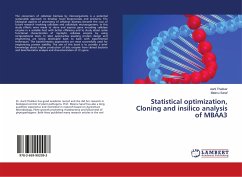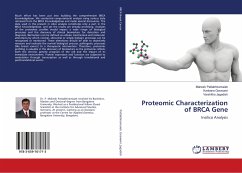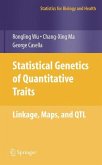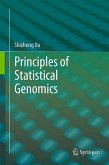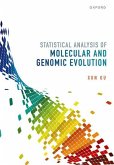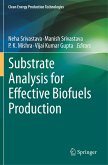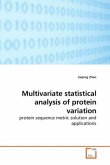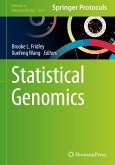The conversion of cellulosic biomass by microorganisms is a potential sustainable approach to develop novel bioprocesses and products. The biological aspects of processing of cellulosic biomass become the crux of future research involving cellulases and cellulolytic microorganisms. In this study efforts were made to clone and express gene encoding cellulase enzyme in a suitable host with better efficiency and to study about some functional characteristics of mycolytic cellulase enzyme by using computational tools. In silico approaches assisting protein design and engineering are being developed back to back with experimental techniques. The bioinformatics approaches are most successfully used for engineering protein stability. The aim of this book is to provide a brief knowledge about higher production of lytic enzyme from cloned bacteria and bioinformatics analysis and characterization of it's gene.
Bitte wählen Sie Ihr Anliegen aus.
Rechnungen
Retourenschein anfordern
Bestellstatus
Storno

